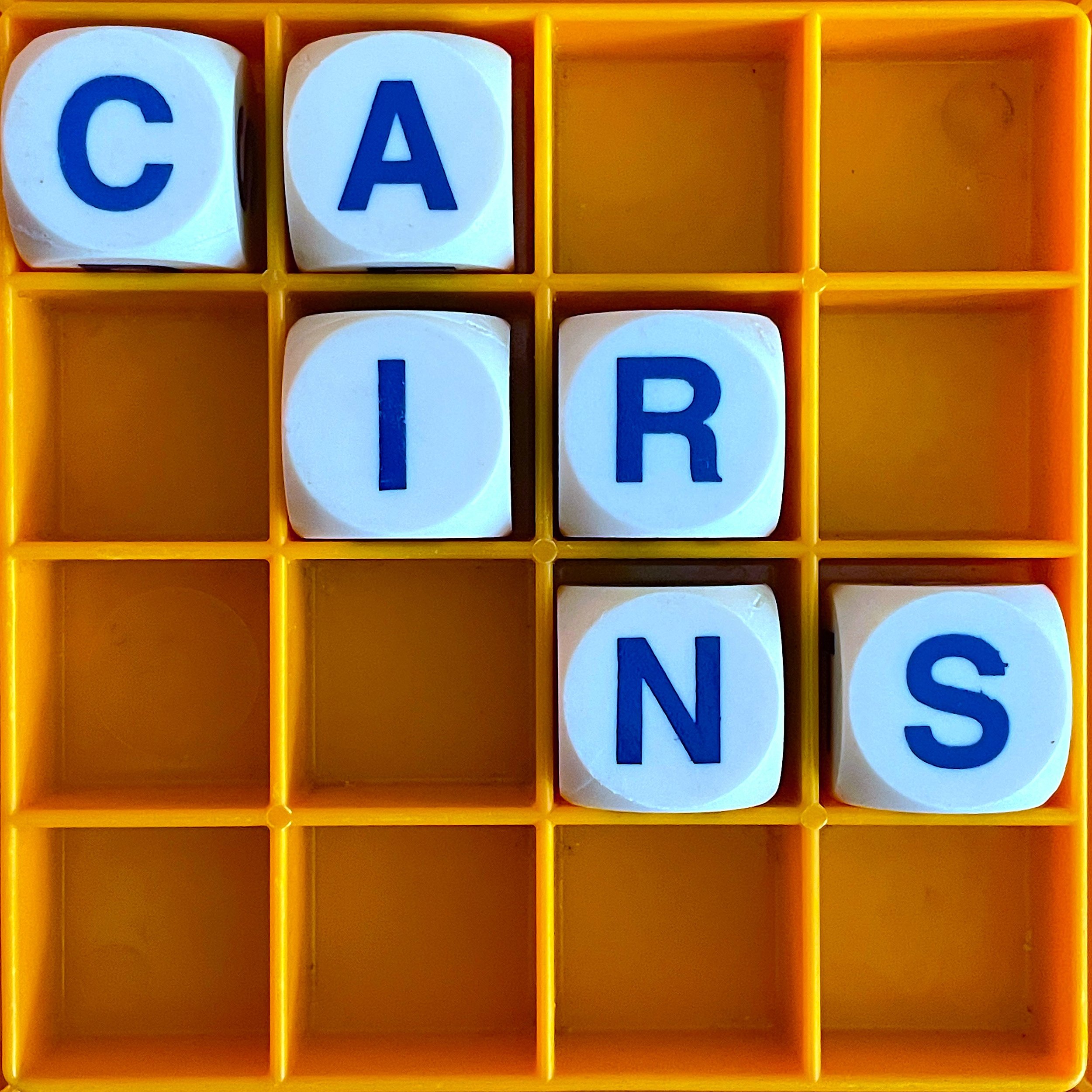LINDSAY ROSE RUSSELL: I don't think James Murray felt like he was alone in making the Oxford English Dictionary. I think he was keenly aware of himself as a part of a very large and many tentacled team. In a lecture he gave in 1900, he talked about every lexicographer as adding their stone to the cairn. You know, cairns like the little things when you go hiking that are piles of stones that tell you you're still on the right path. So I think Murray understood his own work as contributing to a larger lexicographical project where he was not a lone dictionary maker in the effort of dictionary making more grandly. But, I don't know; in history, I think it's easier to tell the story of a singular man. Because of course it's easier to tell the story of a singular man, as opposed to the story of thousands of people working on a single dictionary and doing all different kinds of things.
Read moreAllusionist 93. Gossip - transcript
HZ: A thousand or so years ago, the word ‘gossip’ meant something quite different: a family member. The word broke down to ‘god sibb’, like a godsibling, although then the ‘sibb’ wasn’t necessarily a sibling, was more general, could refer to anyone you were related to. And over the next few hundred years, more specifically, gossips were the close female family and friends who would attend to a woman during labour; she would be sequestered and maybe half a dozen gossips would gather in the room to take care of the mother and help deliver the baby and witness the birth for the purposes of the baby’s baptism - at which these gossips, godsibbs, would be the child’s sponsors. And during these confinements, the women would keep each other company and talk. So you can see how the word would evolve to mean the kind of confidential chat you’d have with someone you’re close to, but by the mid-16th century the word had taken on a bit of a disapproving tone, that the talk was trivial and maybe scurrilous - and female. And these associations persist to this day.
LAINEY LUI: One of my goals as a gossip crusader is to end the pejorative way it's presented in culture, that it's a thing that hens do all around, pecking at each other. It's highly feminized, which is why it's not taken as seriously, when in fact the research shows that we all gossip: it's a human way of communicating.
Read moreAllusionist 28: WLTM part I - transcript
FB: In the beginning, lonely hearts ads were pretty simple. A man wanted a woman who was young, and ideally had some money. A woman wanted a man who had some money, and that was it.
Lots of the language men will use in their ads is just different ways of saying ‘fertile’. They’ll say healthy, glowing, young - and a lot of the language women use is different ways of saying ‘has money to support offspring’.
For so many centuries, marriage had just been a business transaction. There was one in the Dorset County Chronicle in 1824 that said, “I want a woman to look after the pigs while I’m at work.”
Allusionist 19: Architecting About Dance - transcript
“Talking about music is like dancing about architecture,” said Elvis Costello. Or Frank Zappa. Or Gore Vidal. Or Laurie Anderson. Or Steve Martin. Or the comedian Martin Mull.
I think this is a problematic statement, not just because nobody can agree on who came up with it. But because dancing about architecture doesn’t seem particularly far-fetched - they’re both visual, in fact each medium could probably elegantly reflect the other. Talking about dance, however, is really difficult.
Read moreAllusionist 15: Step Away - transcript
Since 'step-' indicates the biological and possibly emotional distance between relations, I had assumed that etymologically, that was where the term originated - the idea of someone being a step away from the family. But step the family word, and step as in to tread, have totally different roots - and very different meanings.
Read more




